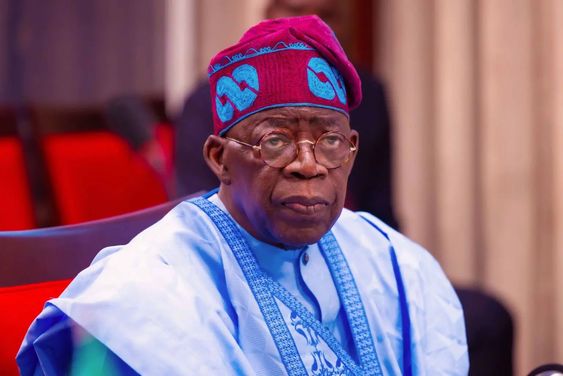Headlines
Tinubu is reportedly taking steps to tackle reform challenges – Presidency

President Bola Tinubu’s administration is actively addressing the challenges that have arisen as a result of the bold reforms implemented across various sectors of the economy.
The Special Adviser to the President on Information and Strategy, Bayo Onanuga, emphasized that more measures will be taken in 2024 to tackle these challenges.
Despite the temporary difficulties caused by the reforms, Tinubu has consistently acknowledged them and remains committed to implementing proactive measures.
Many of these measures are already in progress, and in the coming year, they are expected to yield positive results for all Nigerians.
The removal of fuel subsidy and the merging of foreign exchange rates, two significant reforms introduced by the Tinubu administration, have contributed to the current economic situation. Factors such as high fuel prices and the depreciation of the naira have led to an overall increase in the cost of goods and services.
However, it is important to note that these new policies are not solely responsible for the country’s economic problems. The prevailing conditions prior to Tinubu’s assumption of office in May 29 have also played a significant role.
For instance, as of June 2023, the budget deficit stood at N10.8 trillion, and the actual debt service exceeded the projected amount. Despite these challenges, the administration remains committed to addressing the issues and working towards a brighter future for Nigeria.
